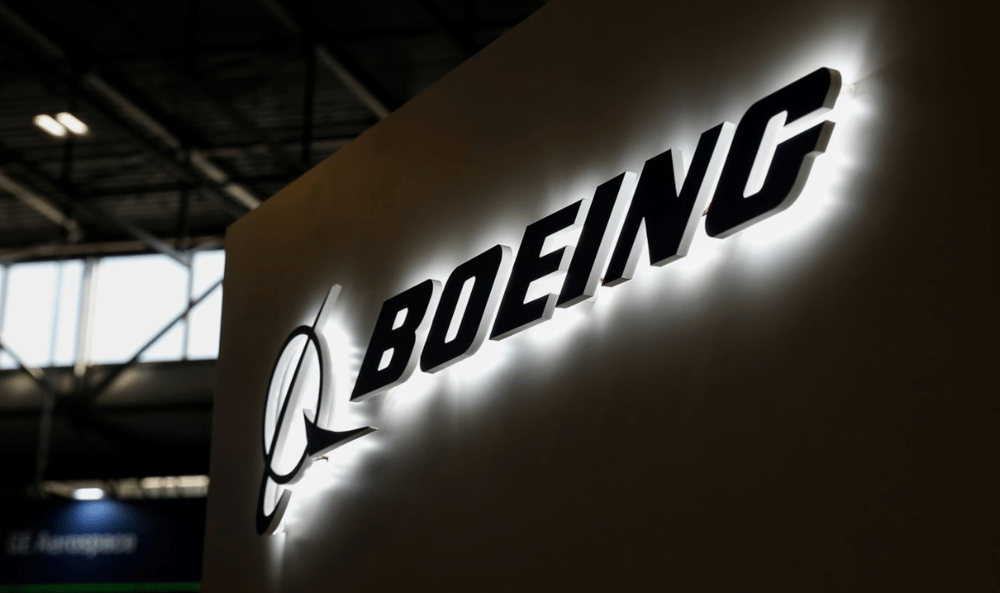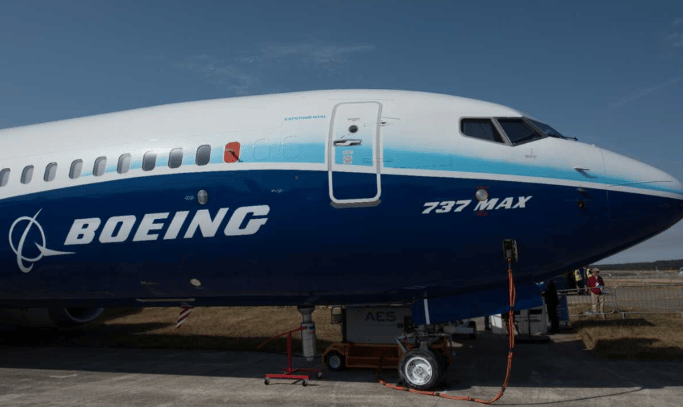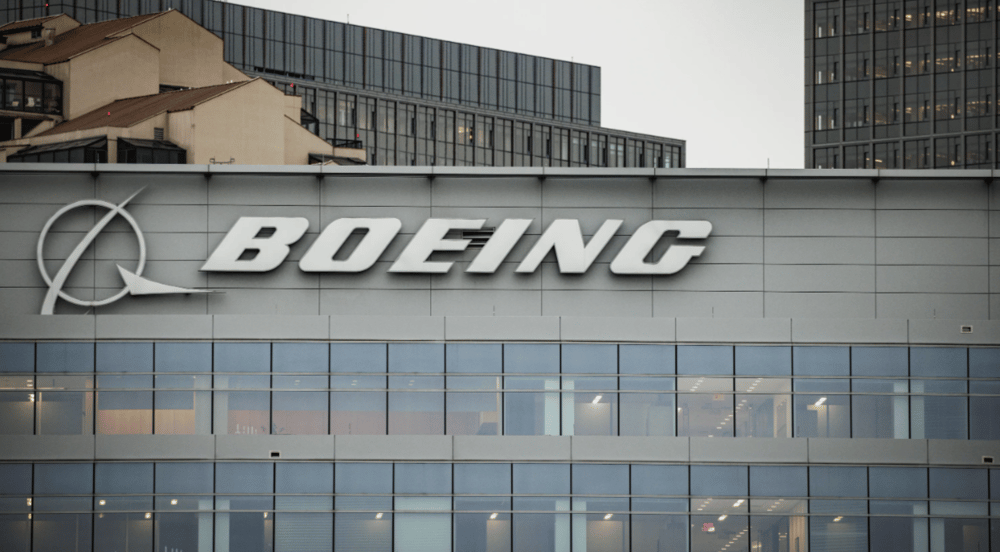Boeing Secures DOJ Settlement in 737 MAX Fraud Case, Avoids Criminal Conviction
In a critical turn of events for one of America's aerospace giants, Boeing Co. $BA has reached a tentative agreement with the U.S. Department of Justice (DOJ) to settle allegations of fraud related to the fatal crashes of its 737 MAX aircraft. The crashes—in Indonesia in 2018 and Ethiopia in 2019—claimed 346 lives and sparked global outrage, regulatory overhauls, and an intense legal battle.
The agreement, revealed on Friday, would enable Boeing to avoid a criminal conviction, a development met with deep frustration by the victims' families and legal advocates who argue the company has not been held fully accountable.
Behind the Curtain of the DOJ Settlement
The DOJ’s resolution with Boeing comes after years of scrutiny surrounding the aircraft manufacturer’s safety practices and internal communications during the development and certification of the 737 MAX. Central to the case were accusations that Boeing misled regulators about the aircraft’s Maneuvering Characteristics Augmentation System (MCAS), a feature later linked to both crashes.
While the new deal has not yet been finalized in court, sources indicate that it will mirror the contours of Boeing’s 2021 deferred prosecution agreement (DPA), but with added conditions. The earlier DPA had already faced sharp criticism for being too lenient, and this new arrangement risks reopening those wounds.

Critical Milestones That Shaped the Outcome
1. Deferred Prosecution Agreement (2021)
Boeing paid $2.5 billion to resolve fraud charges.
No individuals were criminally charged at the time.
2. Expiration and Review (2024)
The DOJ reconsidered its stance after the DPA expired in January 2024.
Renewed pressure emerged from families and lawmakers.
3. Tentative New Agreement (May 2025)
Avoids formal criminal conviction.
May include new compliance oversight measures and penalties.
Layers of Discontent: Public and Political Backlash
The DOJ’s proposed resolution sparked a wave of criticism from multiple fronts:
Families of Victims: Advocates argue the deal fails to deliver justice and transparency. Many have demanded a full criminal trial and accountability for Boeing executives.
Lawmakers: U.S. Senators expressed dissatisfaction with the outcome, accusing the DOJ of prioritizing corporate leniency over public safety.
Legal Experts: Several legal analysts suggest the agreement sets a troubling precedent for corporate accountability in cases involving loss of human life.

Fallout That Extends Beyond the Courtroom
While the deal may help Boeing sidestep criminal liability, its implications extend far beyond legal technicalities:
Reputation Damage: Boeing’s brand, once synonymous with engineering excellence, continues to face reputational erosion.
Investor Concerns: Ongoing legal uncertainties and regulatory scrutiny may impact Boeing’s financial outlook.
Regulatory Ramifications: The FAA and international aviation bodies are likely to tighten oversight and certification standards further.
Unresolved Tensions in the Aftermath
Perception of corporate impunity
Public trust in aviation safety
DOJ under pressure over prosecutorial standards
Families seeking truth and justice
Boeing’s ongoing restructuring and compliance reforms
Conclusion: An Uneasy Resolution for a Tumultuous Chapter
Boeing's tentative settlement with the U.S. Department of Justice marks a pivotal moment in the long shadow cast by the 737 MAX tragedies. While it may offer short-term legal relief for the company, the broader consequences—ranging from reputational risks to calls for systemic reform—underscore that this chapter is far from closed. For many, the pursuit of justice continues beyond the courtroom, in the collective demand for greater transparency, accountability, and safety in the skies.















Comments